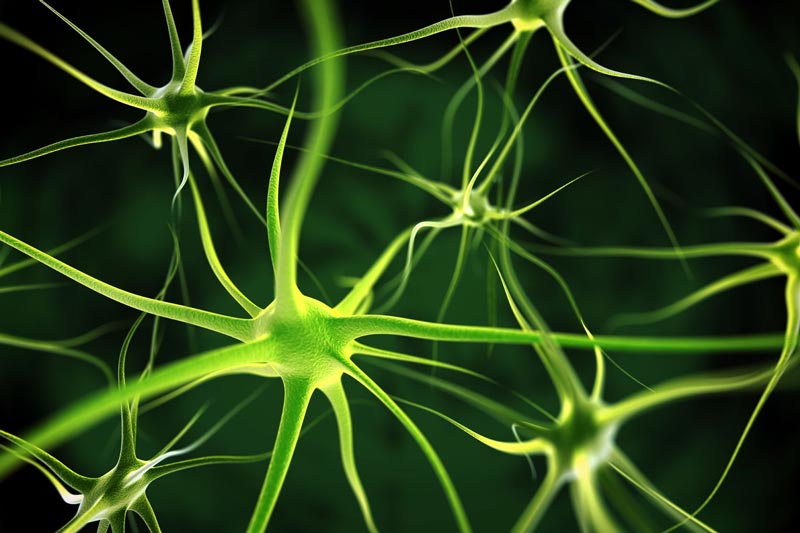neurological examination
Frau Dr. Derichsweiler treats the entire spectrum of neurological disorders, including:
Sleep disturbances
including Restless Legs Syndrome (RLS)
Vascular disorders
for example Secondary prophylaxis ischemic stroke and transient ischemic attack
Disorders of peripheral nerves
for example diagnostics in polyneuropathies, carpal tunnel syndrome (KTS)
Headaches and other pain
- Diagnostics and therapy for headaches, migraine, tension headache, cluster headache
- trigeminal neuralgia, diagnostics of neuropathic pain
- Pharmacological non-interventional therapy of chronic neuropathic pain
Epilepsy and Consciousness disorder
Extrapyramidal motor disorders
for example Idiopathic Parkinson's disease, chorea (Huntington's disease), tremor
Degenerative diseases
for example dementia: Normal pressure hydrocephalus, vascular dementia
Inflammatory and pathogen diseases
Diagnosis and treatment of multiple sclerosis (MS), Lyme disease
Brain nerve syndromes and dizziness
Dizziness diagnosis and therapy, idiopathic facial paralysis (Bell's palsy)
Disorders of the spine and nerve roots
- Acceleration of the cervical spine
- Cervical and lumbar radiculopathy
- Treatment focus with acupuncture as supplement to school medicine
The neurological examination

Includes a full neurological examination, complex relationships, the function of the brain or
individual nerves are examined:
- Motor skills (power, etc., etc. reflexes)
- Tonus and trophic (stress or nutritional status of skin / muscles)
- Mobility (mobility)
- Coordination (fine-tuning of movements)
- Cervical nerve function (e.g., hearing, seeing, balance,)
- Sensitivity (feeling)
- Brain-organic functions (concentration, attention, memory, comprehension,)
It is not unusual that other nerve functions are also examined which, initially have little to do with your initial complaints. The complexity of the brain is why this is necassary.
The exact description of your complaints is the prerequisite for the doctor to diagnose your illness and to avoid unnecessary examinations. It is therefore often helpful if you can plan how to best describe your symptoms before the interview.
It is very important to tell the physician of any suspected drug or food allergies that you may have, as he has to take this into account when prescribing medicines to avoid any adverse drug reactions.
Heart pacemakers or hearing aid devices are also particularly important in in our assessment.





